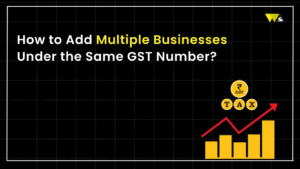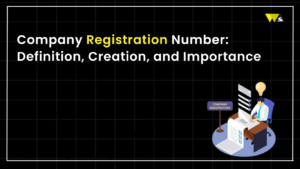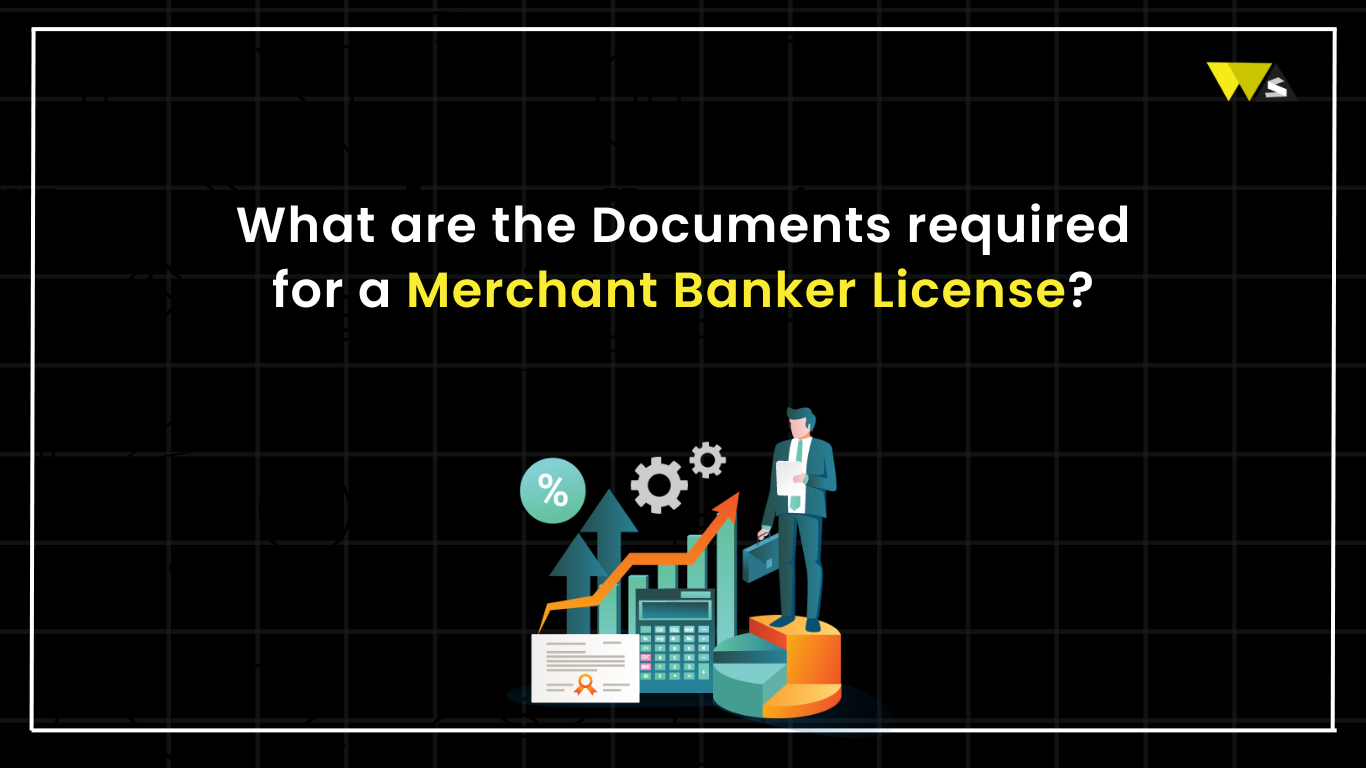Be it small and mid-sized businesses or large companies, the GST has instigated a uniform rule across the nation. Directly or indirectly, it relates to everyone. Also, freelancers must be aware of this as it will apply to them. Therefore. Let us know about the GST on Freelancers, their applicability and rates.
Who are Freelancers?
- The individuals who work on several projects without being hired by anyone are known as freelancers.
- They receive a contract fee for working on certain jobs under a contract.
- The term itself gives enough indication that a freelancer is a service provider and thus is governed by the very rules and regulations as those of other service providers.
Does a Freelancer Need to Register for GST?
Freelancers come under the indirect tax net; that is, they are required to register for GST once their annual income exceeds the threshold limit stipulated by the government, which is generally 20 lakhs in India. Depending on the state and service type, this cap might change.
- When the turnover surpasses the threshold of 20 lakhs (general cases)
- When the turnover surpasses the threshold of 10 lakhs (in the case of North-east states),
- In reference to services that fall under the “OIDAR” (Online Information and Database Access and Retrieval) category,
- Any interstate supply of goods or services, including service exports, necessitates the required GST registration. Under the IGST Act, service exports are called to as “zero-rated supplies” and are called as “inter-state supplies.”
What is OIDAR Services?
The following services are included in OIDAR services by the GST Act:
- Offering cloud-based services
- Internet advertising for online gaming services
- Having a choice to sell online software, movies, music, e-books, and other intangibles.
- Giving anyone access to information or data in electronic formats and similar modes over a computer network for retrieval or any other purposes.
Documents Required for GST Registration of Freelancers
Understanding the documents needed for GST registration of freelancer is crucial. The following documents to register for GST as a freelancer are:
- A recent photo the size of a passport
- Copies of the independent contractor’s Aadhaar card and PAN
- A cancelled cheque or the latest statement of bank account
- Evidence of address and identity
- Certificate of digital signature (DSC)
- Copies of the following utility bills like phone or electricity.
- Copy of the lease agreement or rental agreement registered for that space followed by a No Objection Certificate (NOC) from the landlord or property owner mentioning the usage of that space for business, and
- Service Accounting Code (SAC) or Harmonized System of Nomenclature (HSN) codes.
Process of GST Registration of Freelancers
- Step 1: Complete the online registration process by going to the GST website. Make an account or sign in if you haven’t got one.
- Step 2: Go to the GST registration section and start the application process. As asked on the registration form, provide accurate information.
- Step 3: In this section, you will give information regarding your freelance firm: name of the firm, address, phone number, type of service offered, and turnover information.
- Step 4: This is the uploading of the requisite documents in scanned form, such as identity proof, address proof, and other supporting papers, as asked by the tax office.
- Step 5: Check the application before submission and verify the details appended. Ensure correctness of all details so that register any issues please let us know where we can trace them back.
- Step 6: It will generate a Provisional ID that will confirm that the application is being worked on.
- Step 7: The application will be attended to by the tax office; this might take a few days or weeks depending on which part of the world you are in.
- Step 8: Provided everything goes according to plan, one would receive an email containing the GST registration certificate and individual GST Identification Number (GSTIN).
Which GST Rates are Applicable to Freelancers?
- Freelancers will have their service charged with GST rates of 0%, 5%, 12%, 18%, and 28%, depending on the nature of the service rendered. Companies must charge their clients a GST of 18% in cases where there is no fixed price for the service rendered.
- You can use the GST calculator to see how to incorporate profit margins into your freelancing work and get up-to-date prices for GST, inclusive, and exclusive services.
How to Calculate GST for Freelancers?
Goods and Services Tax (GST) computations in India might be cumbersome for a freelancer; they have to be done, to aid with legal compliance and business control. Use these processes to calculate GST for your services:
- Establish Supply Value: Start by assessing what your supply is valued at, including every charge that you want to bill your clients for labour, materials, and overhead.
- Determine Your GST Rate: The average GST rate for a freelancer is 18%. The formula used to find out the GST amount is to multiply the value of your supply by 0.18.
- Compute the GST on Invoice: The value of GST must be added into the invoice once the GST payable is computed.
For example, with a supply value at ₹20,000 at an 18% GST on the supply value, the GST payable will amount to ₹1,800. Thus, ₹21,800 would be the final invoice amount for your client.
Should Freelancers File Return?
- Two monthly filings and one annual return are part of the required 25 returns. The government won’t be able to enforce them if freelancers don’t register and pay GST.
- The department is going to be aware of his turnover even if TDS is taken out of his account (by the person paying him) or through payments made to his bank accounts. It is challenging to evade legal scrutiny because all accounts are linked to Aadhar and PAN. One cannot help but must know that the Act mandates compliance by every freelancer, or the end result will disturb them.
Conclusion
Freelancers need to comply with all GST rules and regulations in order to fulfil compliance and increase the business operations. Freelancers can avoid penalties, expedite tax process, and gain trust by registering under GST. Furthermore, property computing and charging GST builds consumer trust in addition to improving financial transaction transparency. Freelancers may efficiently manage their tax obligations and contribute to the economy by being aware of applicable rates and compliance requirements, even though negotiating the complexities of GST may seem overwhelming.










